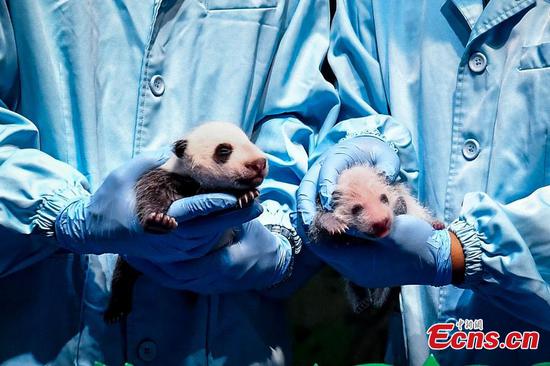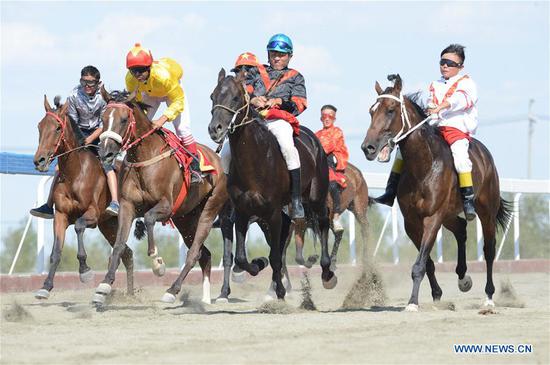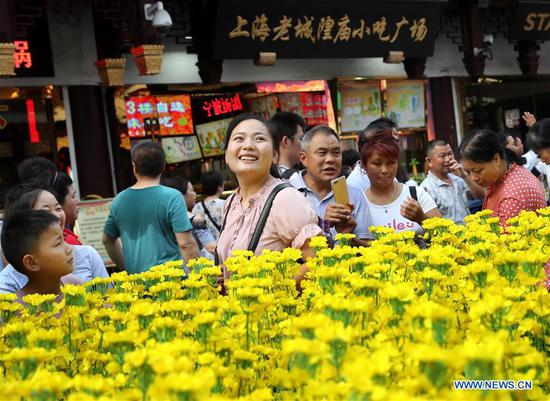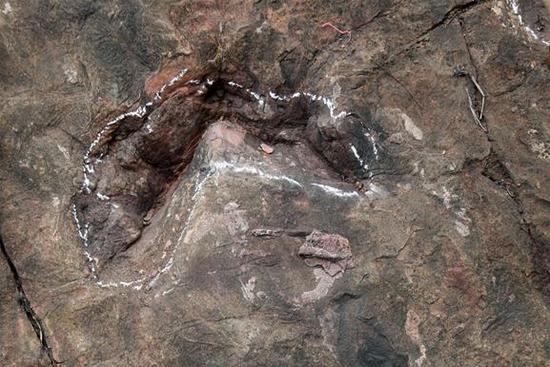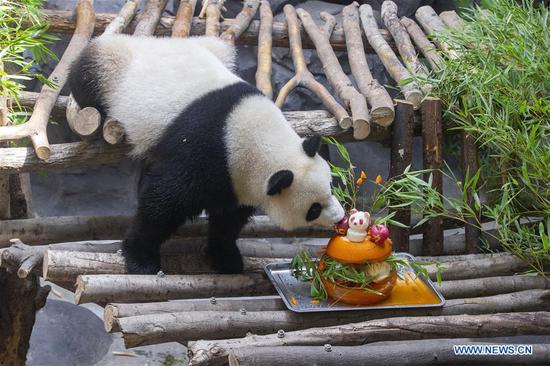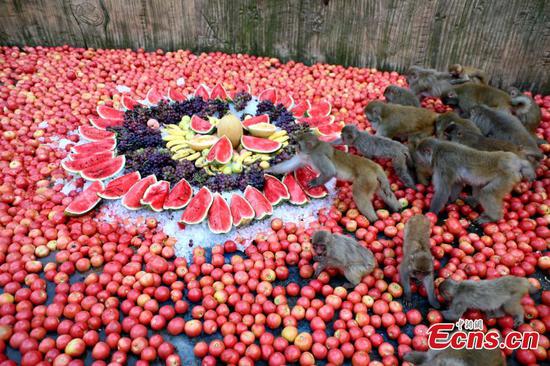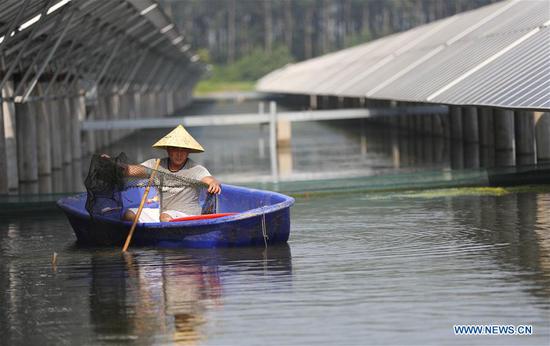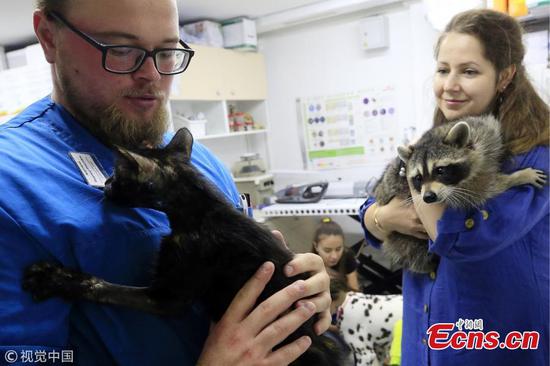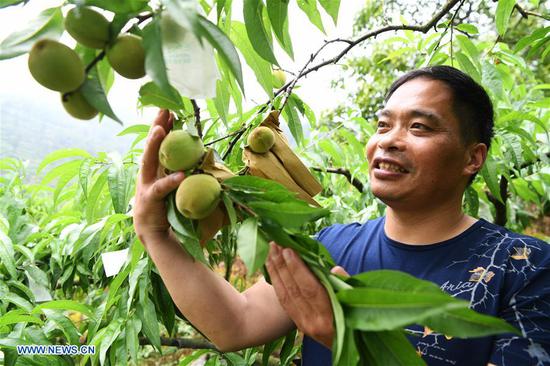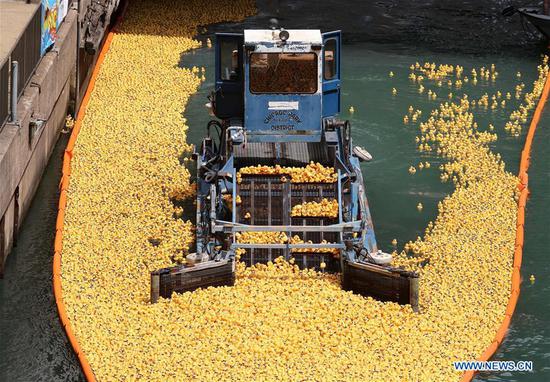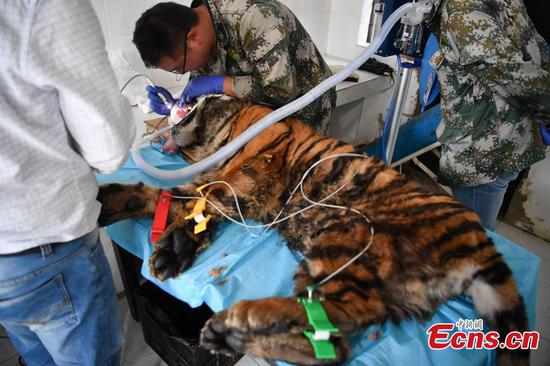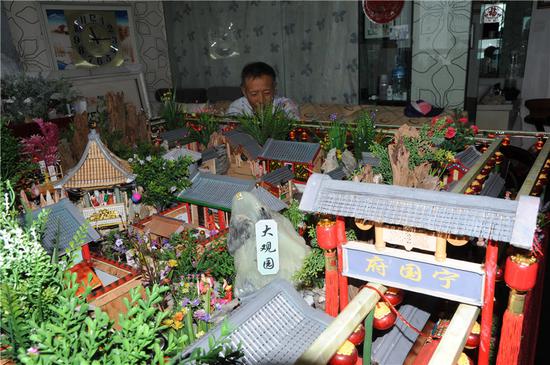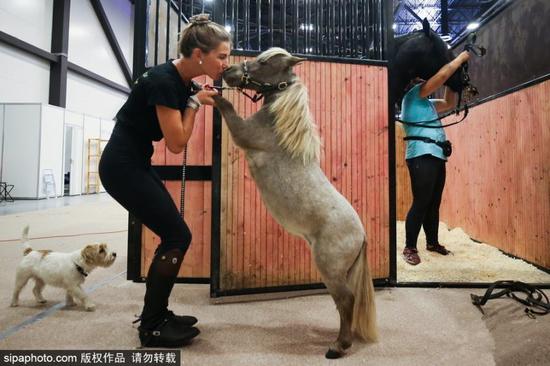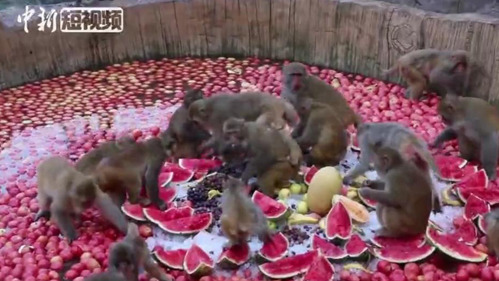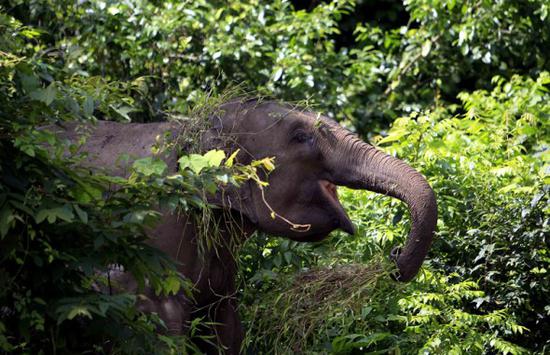
An elephant in the Xishuangbanna Natural Reserve's Mengyang section in Yunnan province. (Photo For China Daily/Li Yunsheng)
A lack of global consensus in banning the domestic trade of ivory is reportedly depleting the elephant population globally, with tuskers in African countries facing the worst conditions, experts feel.
Between 2002 to 2011, the world’s forest elephant population was reduced by 62 percent, a recent study claimed. In African countries, “our research estimates that the number of elephants killed for their ivory between 2010 and 2012 was 100,000,” Save the Elephants, a Kenya based charity said. Besides for poaching, habitat loss has also added the difficulty wild elephants have surviving in the wild.
"The demand for ivory in the Far East is the primary driver of the killing,” the charity said, adding that it is leading to a plummeting number of the pachyderms. Wildlife protection groups claim more than 20,000 African elephants are brutally poached for ivory every year. Concerned over the massive scale of poaching, the US and China, banned the ivory trade.
The ban crashed the ivory price by more than 65 percent, and nearly 55 percent of previous ivory buyers stopped purchasing ivory products, TRAFFIC, a wildlife monitoring group survey, revealed.
However, the teeming online ivory market in the EU and Japan continues to exploit a loophole in the Convention on International Trade in Endangered Species of Wild Fauna and Flora (CITES) which prohibits international, but not domestic, trade in ivory.
The convention covers ivory processed after 1990 – also known as pre-convention ivory. Under the accord, governments issue licenses identifying pre-convention ivory pieces, but campaigners say traders in the EU and Japan routinely forge the documentation to evade prosecution.
“As some countries still have legitimate [domestic] ivory trade markets, the effectiveness of the international community in combating illicit trade is weakening,” Sun Quanhui, a scientist with Beijing-based World Animal Protection, told CGTN.
“It is important to realize that protecting and saving African elephants is not a matter of several countries, but requires global action.”
Peter Knights, CEO of WildAid, said in an interview with CGTN that in the past few years, China has been taking a leading role in banning the ivory trade but developed nations including the US, the EU and Japan are backing out.
"The Chinese government took a tough stand to ban the global trade of ivory during the CITES meeting in Johannesburg, but developed countries backed out," Knights said. Cornered by the crackdown on the ivory trade, the UK announced one of the strictest ivory bans in the world.
In April, Australia formed a parliamentary committee to investigate the country's domestic ivory trade role in killings of African elephants. Public hearings are underway to forge a national consensus on banning the domestic ivory trade.
Today, on World Elephant Day, the Jane Goodall Institute in New Zealand launched a petition to end the domestic ivory trade in the country. The institute called on Eugenie Sage, minister of conservation, to consider the ban.
Despite international commitments and actions, it appears that New Zealand, a party to CITES, considers ivory trading to be an acceptable business, the petition said. “We are calling on New Zealand to ban the trade of the ivory and rhino horn through regulatory changes.”
Elephant population on rise in Zakouma
Despite the massive amounts of elephant poaching in African countries, Zakouma is scripting a success story.
Between 2002 and 2010, approximately 4,000 elephants were killed for their ivory, and only 450 elephants remained in the park. In 2010, the Chadian government collaborated with African Parks to control poaching and ensure community-based intervention to save the elephants.
A survey conducted early this April confirmed 559 elephants, showing continued positive growth for the first time in decades since 2016. “Earlier this year, our team also confirmed 127 calves under five years of age; in 2011 we counted one,” African Parks said in a statement.










